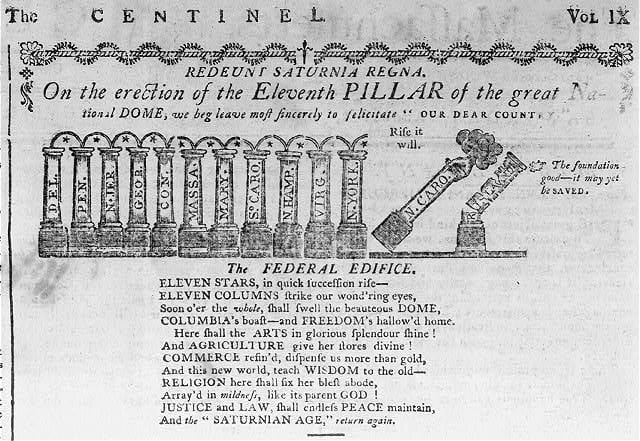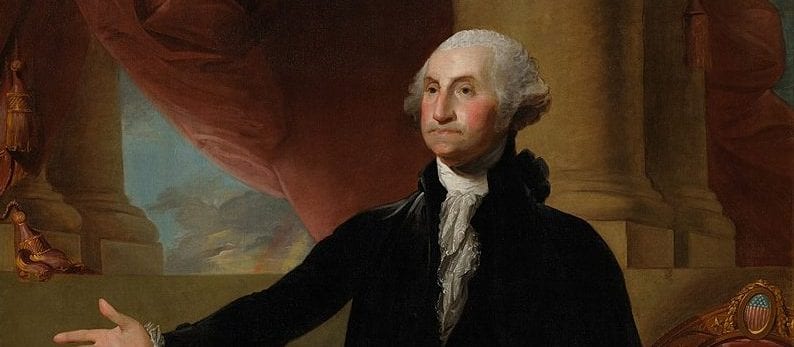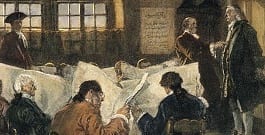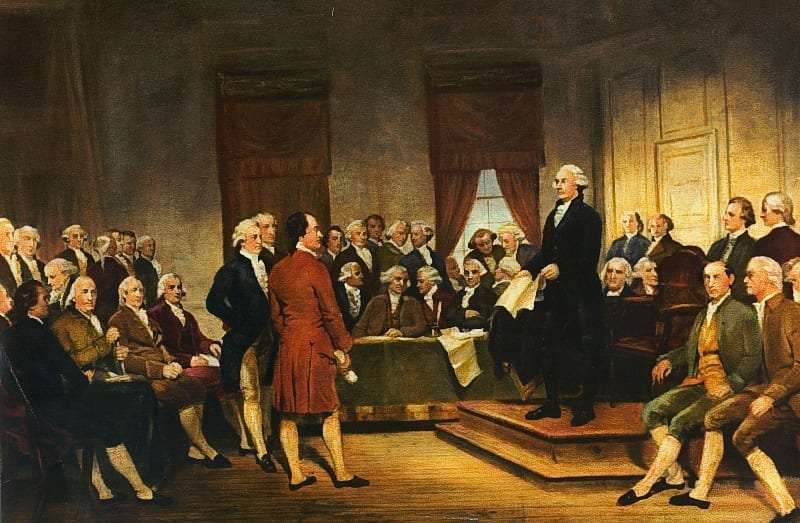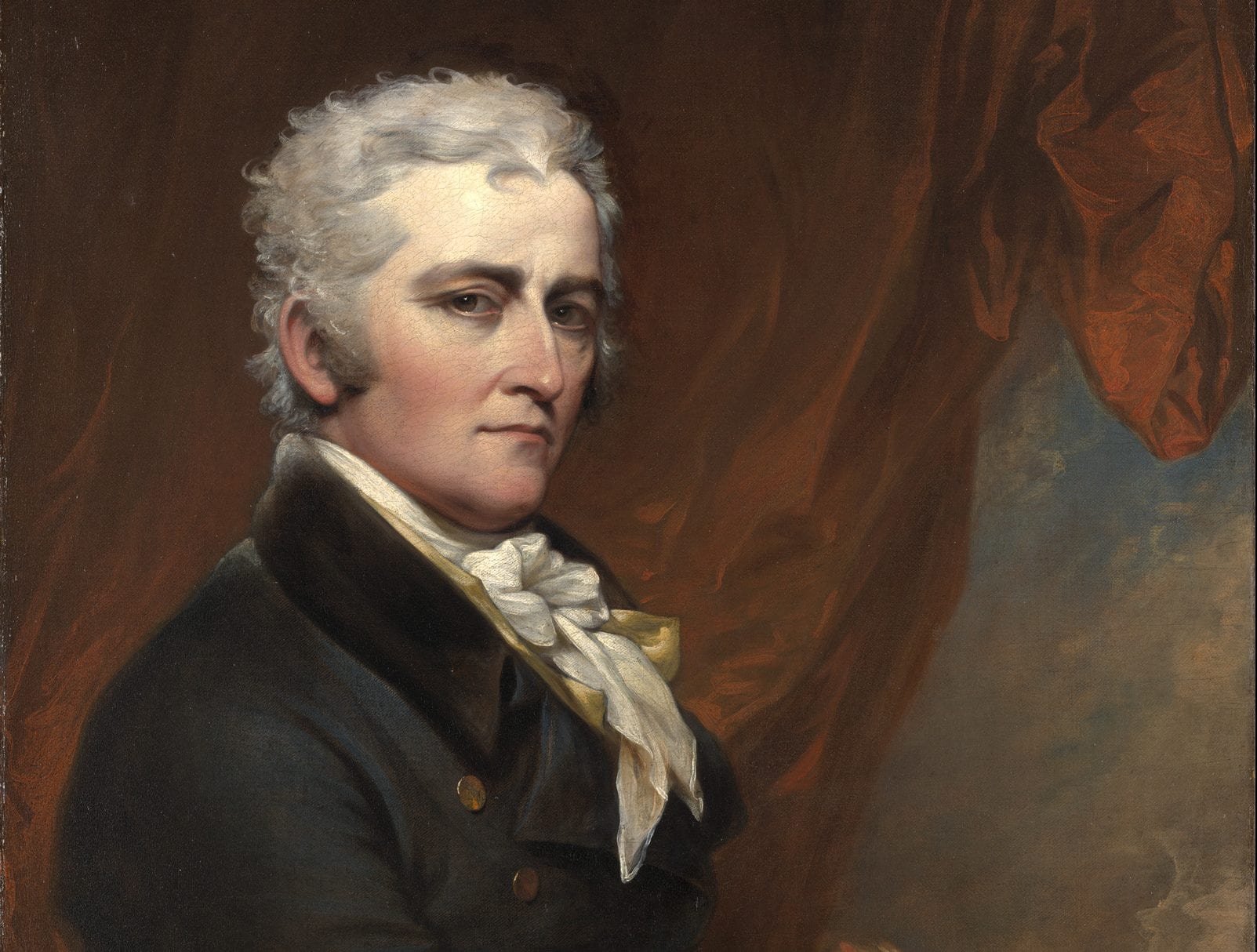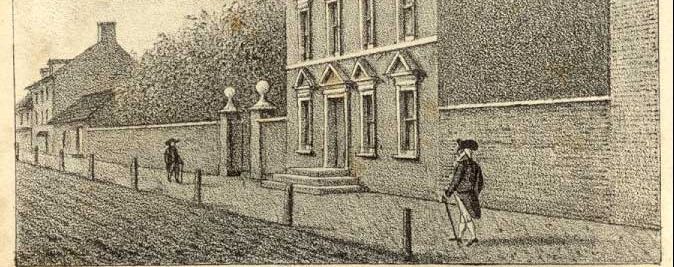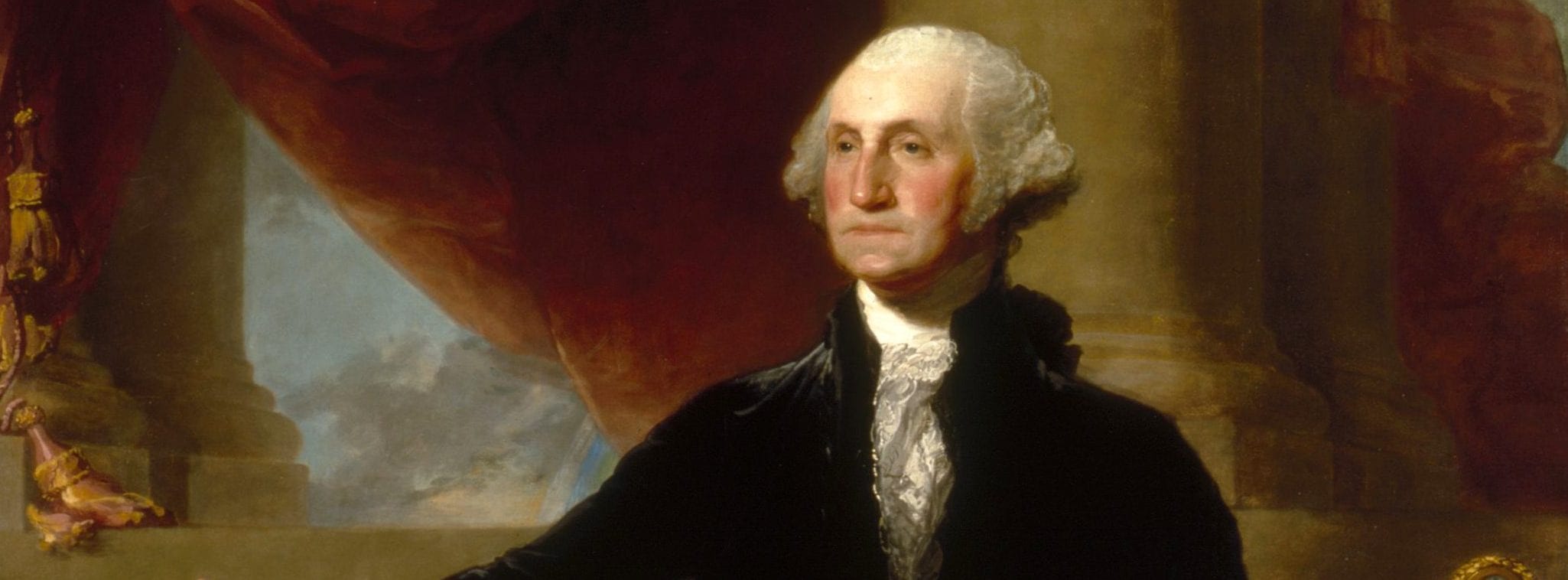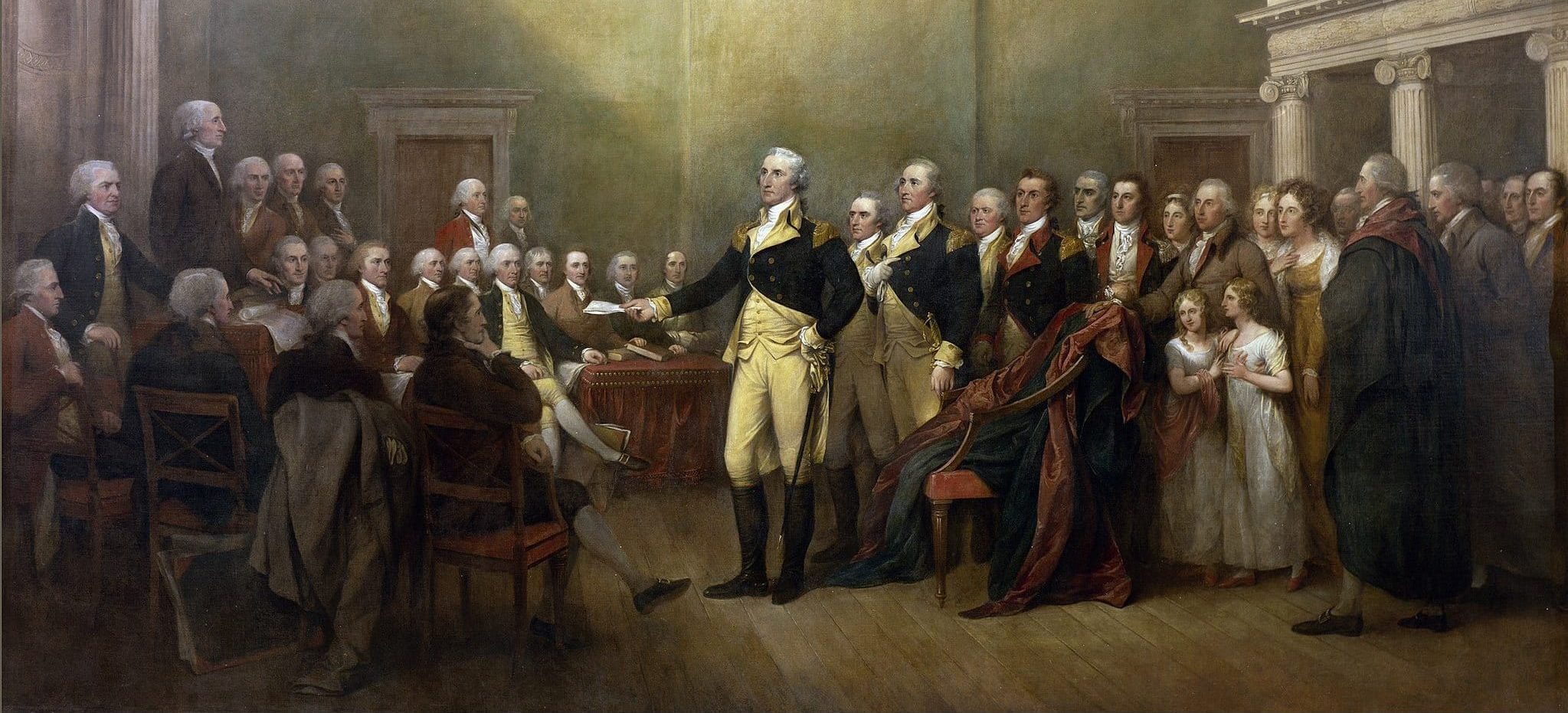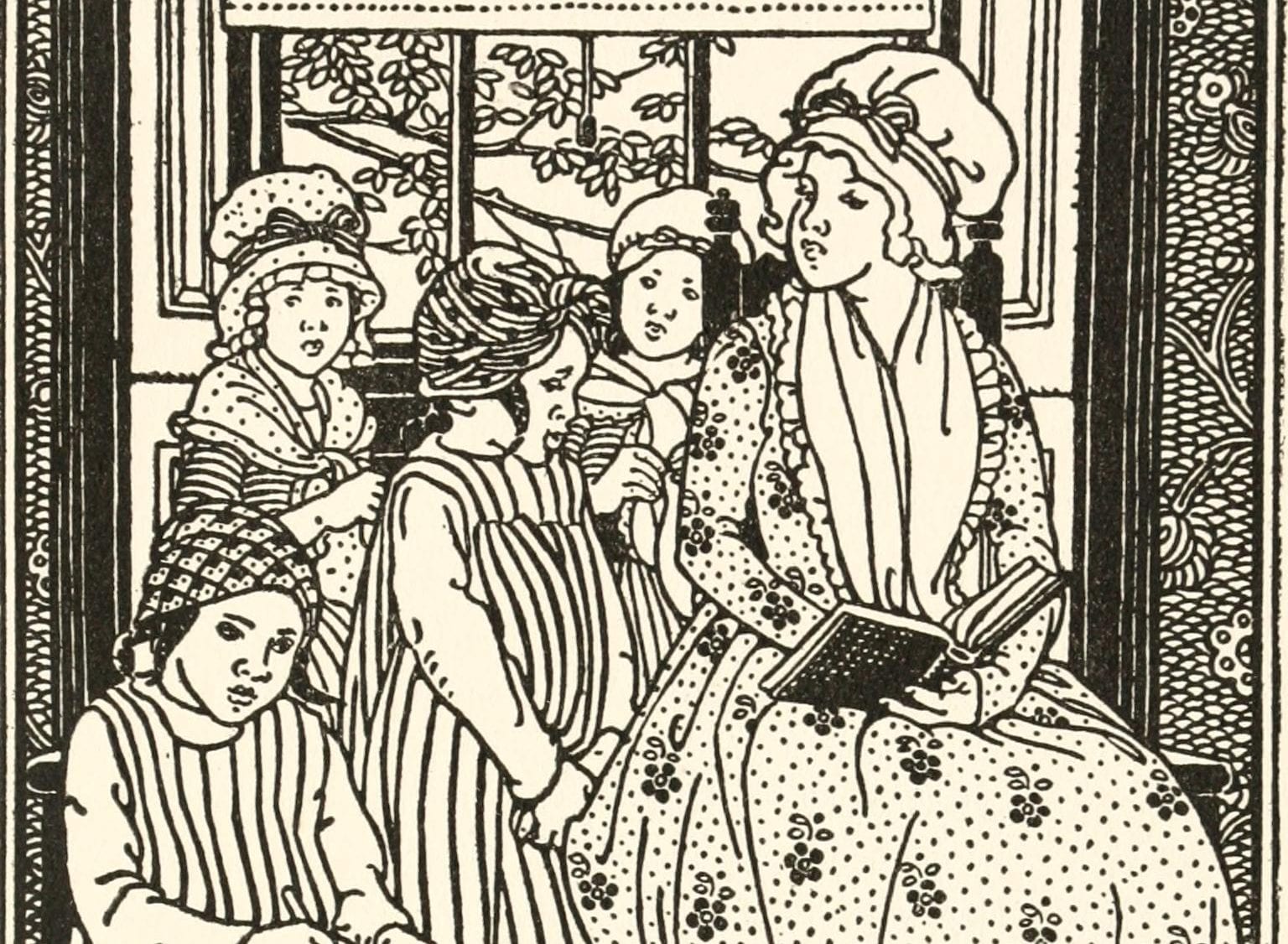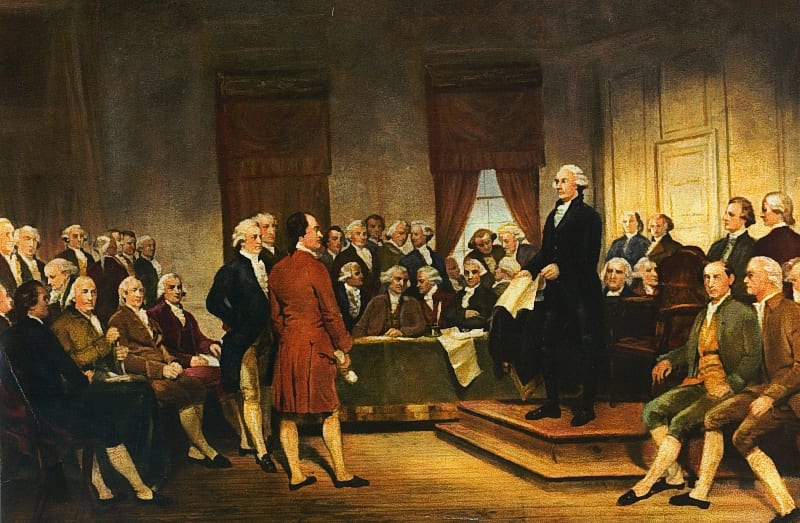
Independent Gazetteer, 16 August 1787
It cannot be too well considered, that as Republicans govern themselves and each other, they must be good and wise; that in this confederacy, so free and extensive, benevolence and integrity are the very elements of political union. Manners ought then to be a capital object, in all the operations of government, and patriotic exertions of individuals. There is an immediate necessity for improveing the public education. The encreasing idleness, profligacy, thieving, and robbing, among the populace of great towns, call aloud for the erection of free schools: without them Philadelphia will soon have a numerous and desperate mob. Reflect on the consequence—The mad rabble of a crazy Lord Gordon, had nearly burnt London—The children, that lisp horrid imprecations, and strike the pavement with impotent rage, may, when 12 years old, murder your son—The many idle boys, who do nothing but beg, play, and fight,—will soon be the very men for a revel Shays. In the country, every town should have one or more good schools. For want of clergymen, schoolmasters are in many parts the only moral teachers; I hope to God then none among them will hereafter be illiterate knavish vagabonds: can such instructors and patterns qualify a people for domestic, social, and civil duties? For the important functions of jurymen, magistrates, electors, legislators? In some places we see good plantations with convenient buildings, well kept taverns, and shops with many articles of luxury; but no house of public worship, and miserable schools. Silly people may admire such improvement; for my part I lament this unequal civilization, and find ample reason for it: The owner of this fine plantation got it by cheating illiterate wretches, who did not know what the signed; another lately prolonged to a spendthrift, who, because he knew no higher enjoyment, drank grog, and followed horse racing—Several likely girls have been seduced, under promise of marriage, by fellows, who are too free and independent for the bonds of matrimony; and besides cannot support a family, because they hate work, and must ride an English horse—Gentlemen of superior fortune and character, who for many years have been in civil authority, are turned out, because they are against paper money; and ignorant, knavish demagogues chosen for legislators—A number of labourers play at quoits for the whole day at the taverns, running in debt for liquors, while their wives and children want bread—Numerous law-suits arise from drunken frais, malice, lying, fraud, extortion, inability and unwillingness of paying debts—executions are common, and often ruinous to whole families. It is a great maxim in government, to balance the human passions: objects of wealth and pleasure are dangerous without a proper check of moral and religious principles, and sense to see the consequences of ill conduct, though in many cases remote and intricate: and the desire of these objects is not to be estimated by their real value, but the circumstances of the people. One person gets drunk on rum, another on claret. A common farmer may long as much for his neighbour’s meadow, as a wealthy proprietor for a fine country seat. A chintz gown is the wish of a country girl, as a diamond stomacher of a peeress; a young rake in bright buff on a fine horse is as dangerous to her, as an embroidered beau in a coach and six is to the other. The necessary moral and religious instruction in public schools need not be impeded by the difference of religious professions. Moral principles are universal—Whatsoever ye would that men should do unto you, even so do unto them, love thy neighbour as thyself:These principles of equity and benevolence, are engraven on all human hearts by the same Almighty hand; known in Japan and America, in Lapland and Otabeite. The moral precepts of Christianity are the same plain dictates of natural conscience, refined and exalted by motives of religion. I have seen in Europe, a treatise on the whole system of natural religion and morality, comprised in a small duodecimo under the title of Dialogues between an old man and a boy of eight years: the author in a clear and affecting manner impresses the young mind with a sense of every moral duty; even humanity to the brute creation; and the political virtues of citizens, and nations: such a book is treasure. In the Christian religion, the catechism of Dr. Watts would be the best system, for perspicuity, and universality. In schools, where the bible, and moral writings are used, the great defect is: not to explain, apply, and combine the several moral duties; which a judicious teacher may do to the satisfaction of elder children. Some virtues are peculiarly important in a certain state of national affairs, or the circumstances of a particular county, and even township. There is an intimate connexion between the moral virtues; they defend, support and adorn each other, so that one cannot be violated without hurting the other. Few men are so ill disposed as to have no good affections; most have some tender part in the heart, by which they can be led—if therefore all the consequences of virtue and vice were clearly and pathetically pointed out to a young person; he would behold so much dignity in one virtue, beauty in another, delight in the third; he would feel the meanness, anguish, horror of the several vices; he would find the impossibility of indulging one vicious inclination, without stabbing his favourite virtue, the mistress of his heart—he must, if not of the worst clay, become a tolerable character; and if naturally good, grow excellent. Men do more frequently rush into crimes and miseries from blindness, than the impulse of a wicked heart. Many, when they awake from intoxicating passions, or behold the sparks wantonly thrown, kindle a dreadful fire; stand aghast at their woeful gilt; and unable to pluck the daggers from their hearts, plunge with despair into a dark eternity.
That religion is a most valuable security to states, by its general influence on men of diverse characters and conditions, is an opinion held not only by all the good and wise in the world, but by every thinking man. Montesquieu values it more than all the fear of despotism, the honor of monarchies, and the political virtue of republics. There is a striking similarity in the sentiments of truly great minds in every age and country: Cyrus the Great never begun a battle, before he had sacrificed to Jupiter the ruler and preserver; and the great Gustavus Adolphus King of Sewdem used to say, that the best Christian was the best soldier. The fears of religion have a salutary check on many: if not on every vicious disposition: on some—if not constantly; at some periods; would it then be wise, to take off one strong chain from ungovernable beasts, and to let others quite loose on society? Mixed character are highly improved by the blended effect of hopes and fears, instruction, and a certain air of tender solemnity. Minds naturally good must derive the greatest strength and noblest elevation from a firm belief—that every deed, and every virtuous thought are known by a most holy God, who values moral excellency above all that is great and beautiful, as a mirror of his own perfection—that all the toils and sufferings in the cause of virtue, are so many dear proofs of our fidelity to HIM; and so many steps to immortal glory and perfect felicity; where the good of every nation shall meet, and the remembrance of every noble deed will be a source of rapture through all eternity. How will these sentiments warm and exalt the human mind? Happy the nation, that has such heroes and statesmen! A firm belief in the soul’s immortality is a necessary support for the best affections. You wish to mark every day of your life by some good action—You can sacrifice ease, property, health, popular applause for your duty—You can die in tortures for your country; but alas! every step in this bright career hurries you to that dark goal, where the head, that plans the felicity of an empire, and the heart that flowes with philanthropy, shall lose every thought and feeling—where an Henry the Fourth, and a Ravailac, Washington and Arnold, shall mingle in the parent-dust—at such a thought heaven soaring genius droops; virtue sighs with anguish; the noblest minds wish to be a worm. The letter of the late King of Prussia to Marshal Keith, on the death of Count Saxe, Marshal of France, breathes a spirit of melancholy horror through all the consolation of a false philosophy, and the charms of poetry. But, he was a great man? ask that question from the many hundred thousands in the shades below; by whose blood every acre in Silesia was bought—God preserve America and the world from such great men.
A Foreign Spectator VII
August 17, 1787
Conversation-based seminars for collegial PD, one-day and multi-day seminars, graduate credit seminars (MA degree), online and in-person.




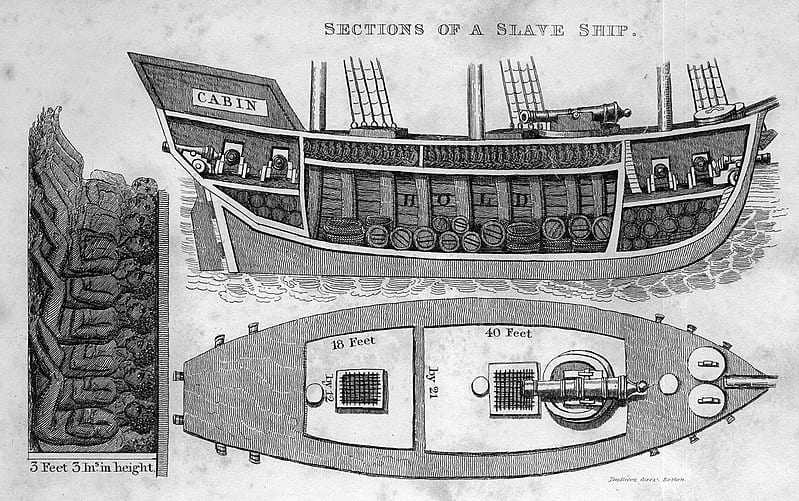






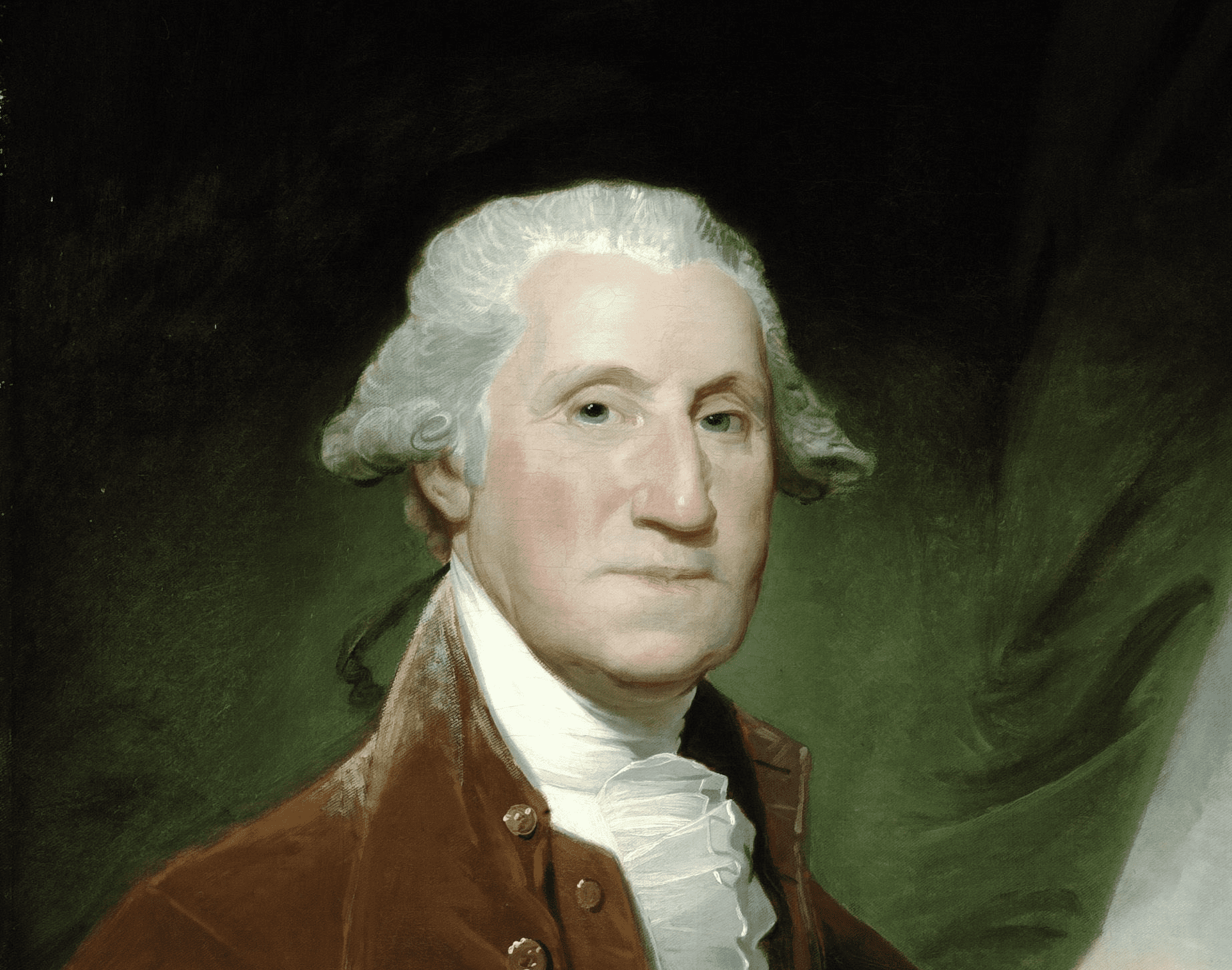
















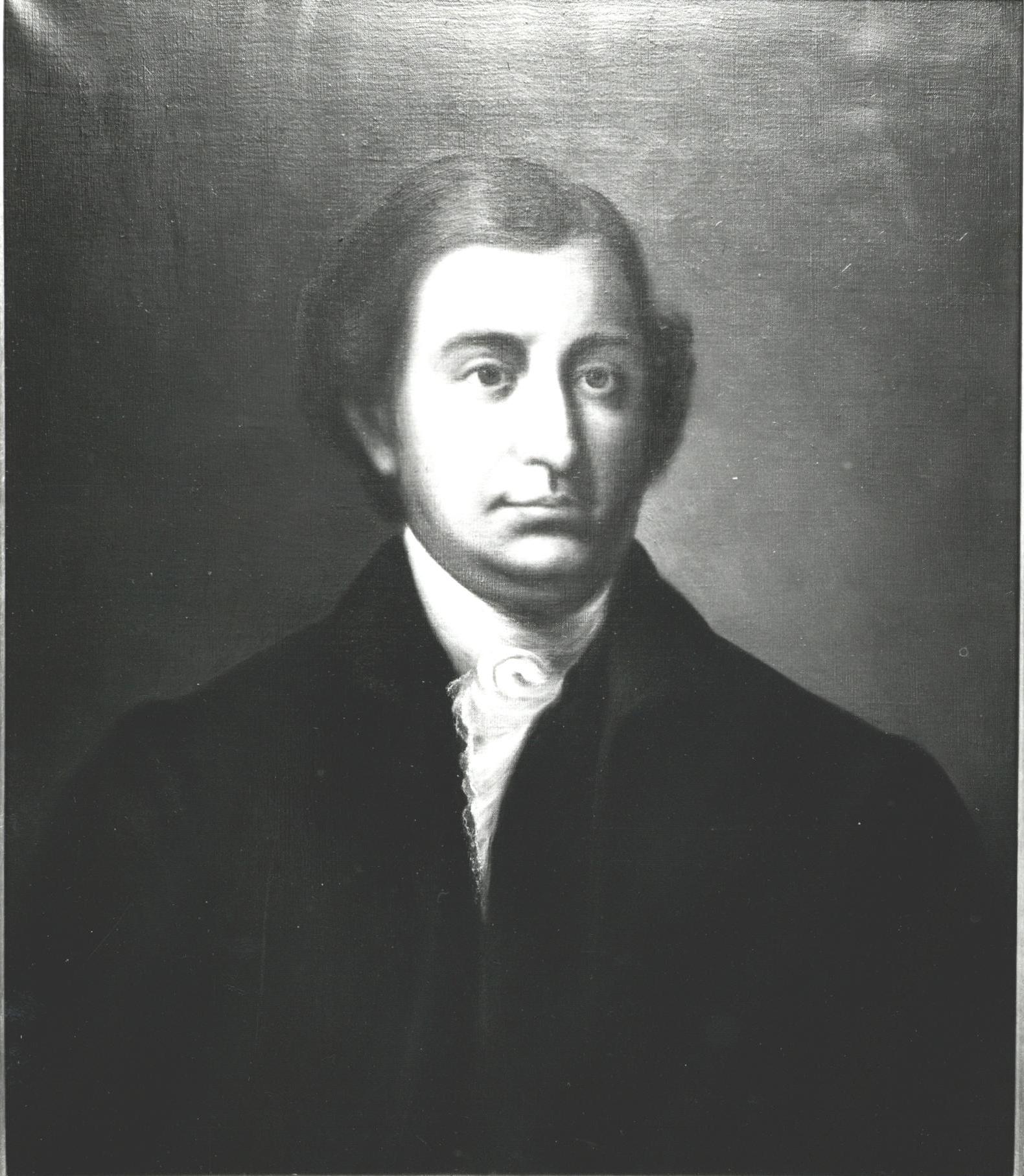
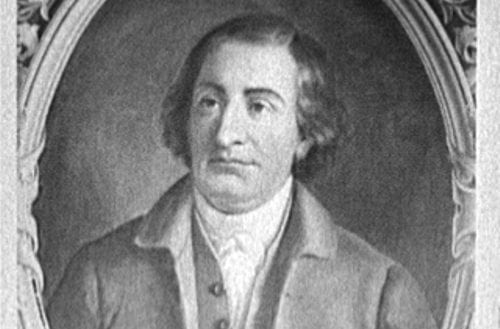
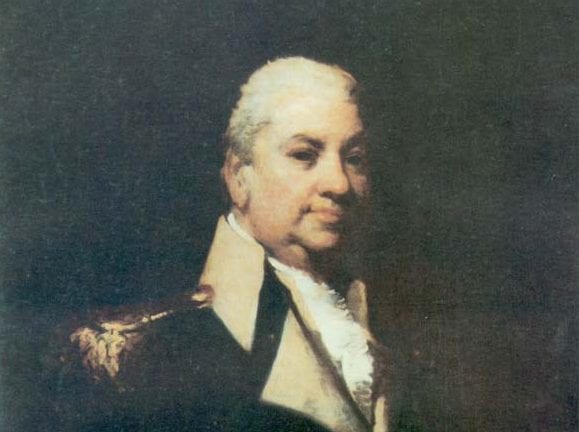


















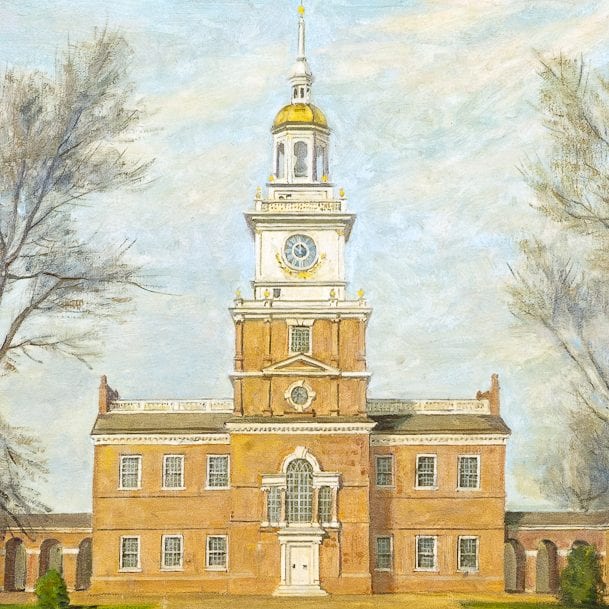

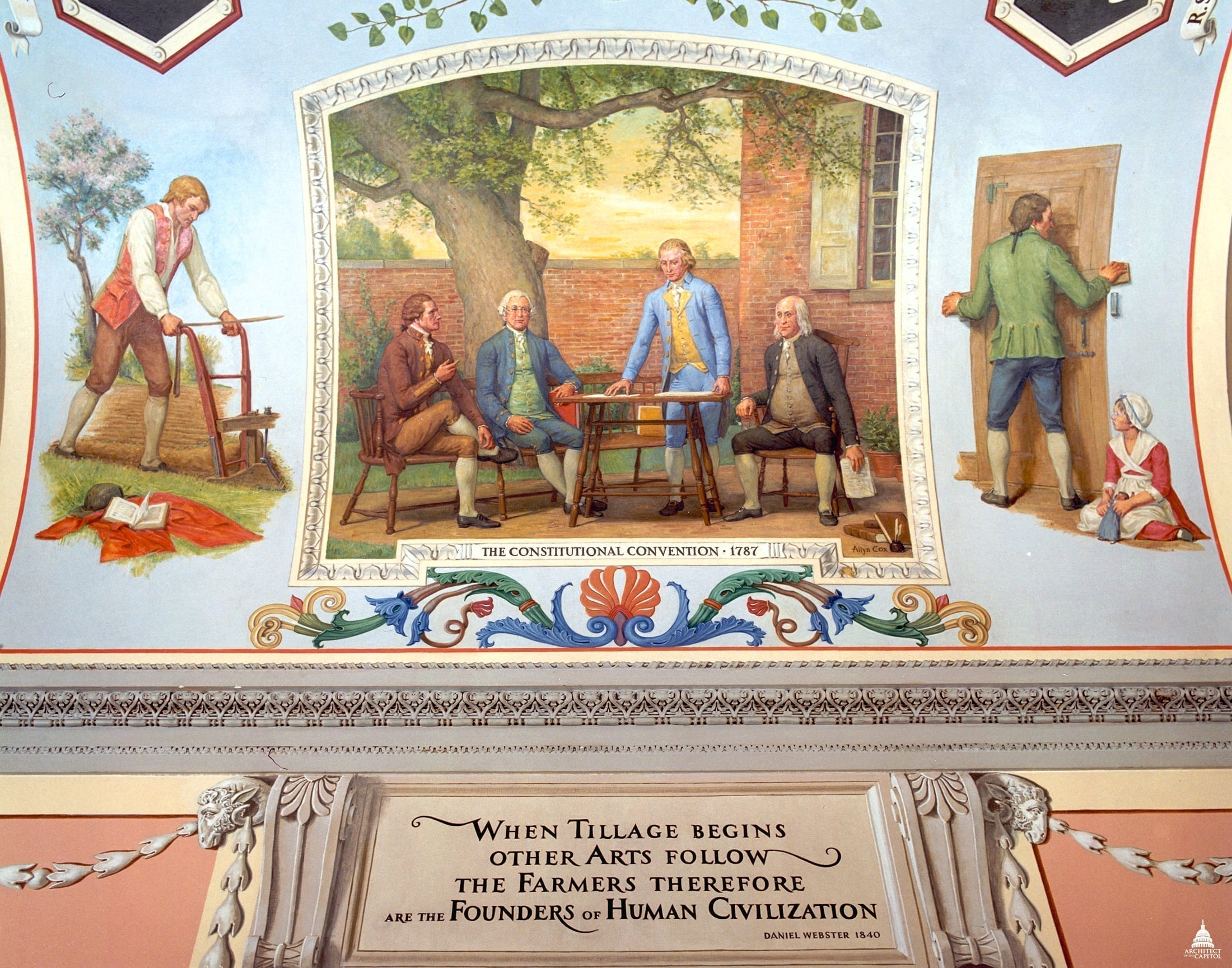

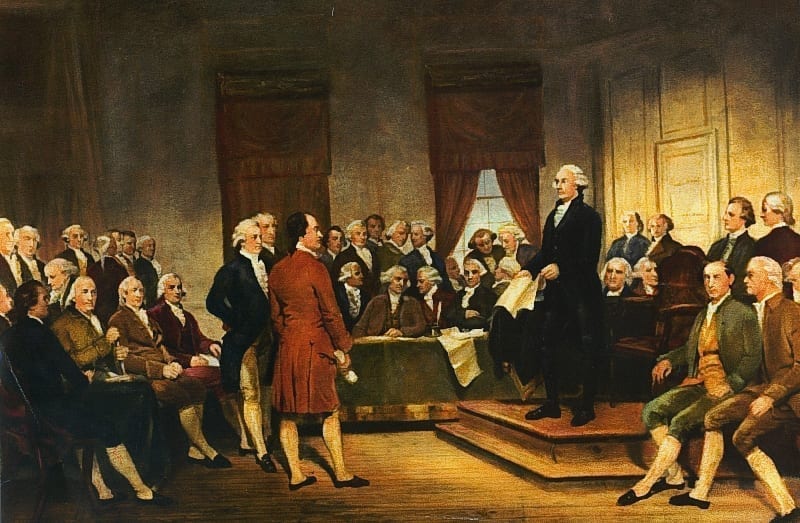


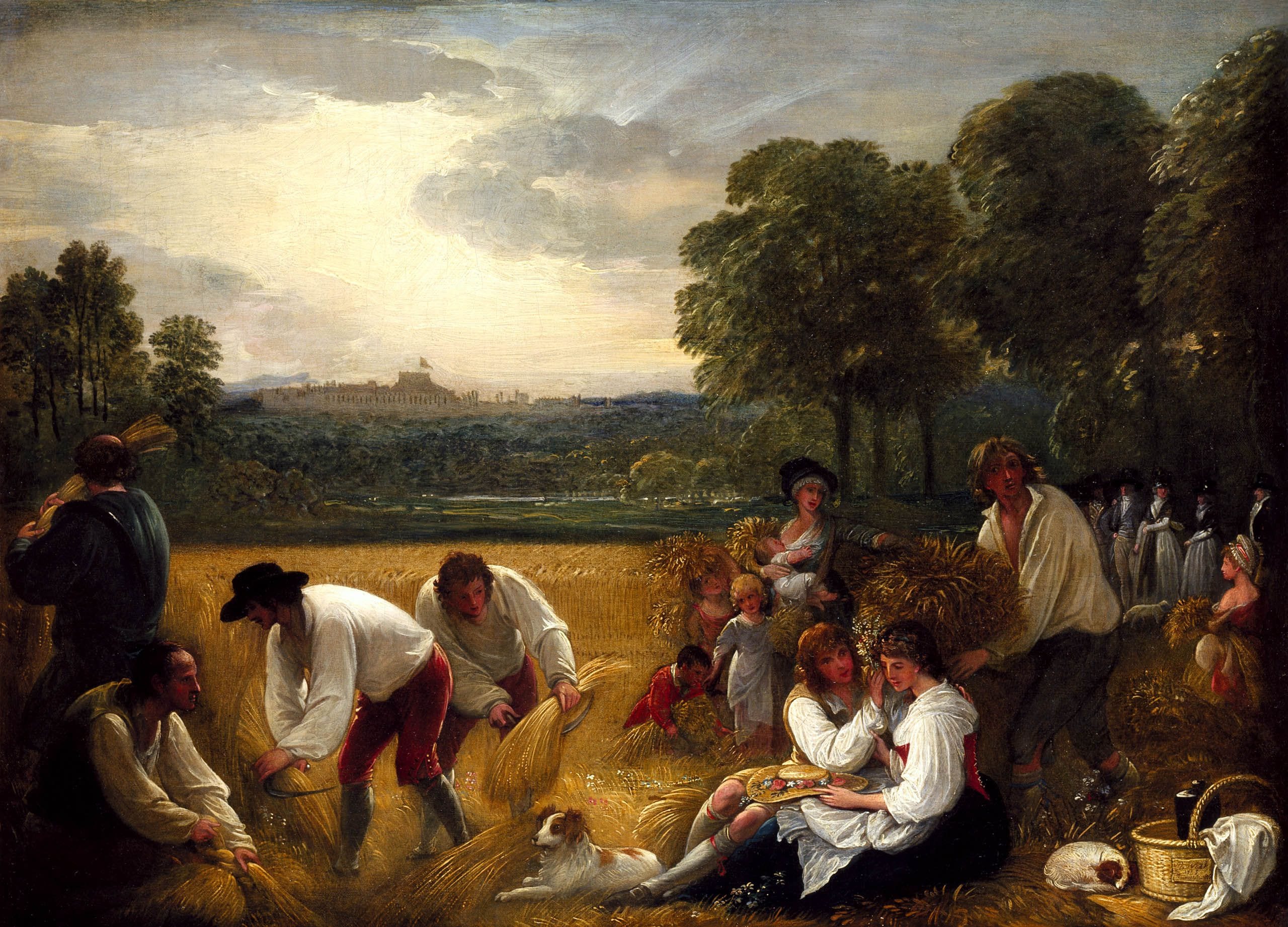


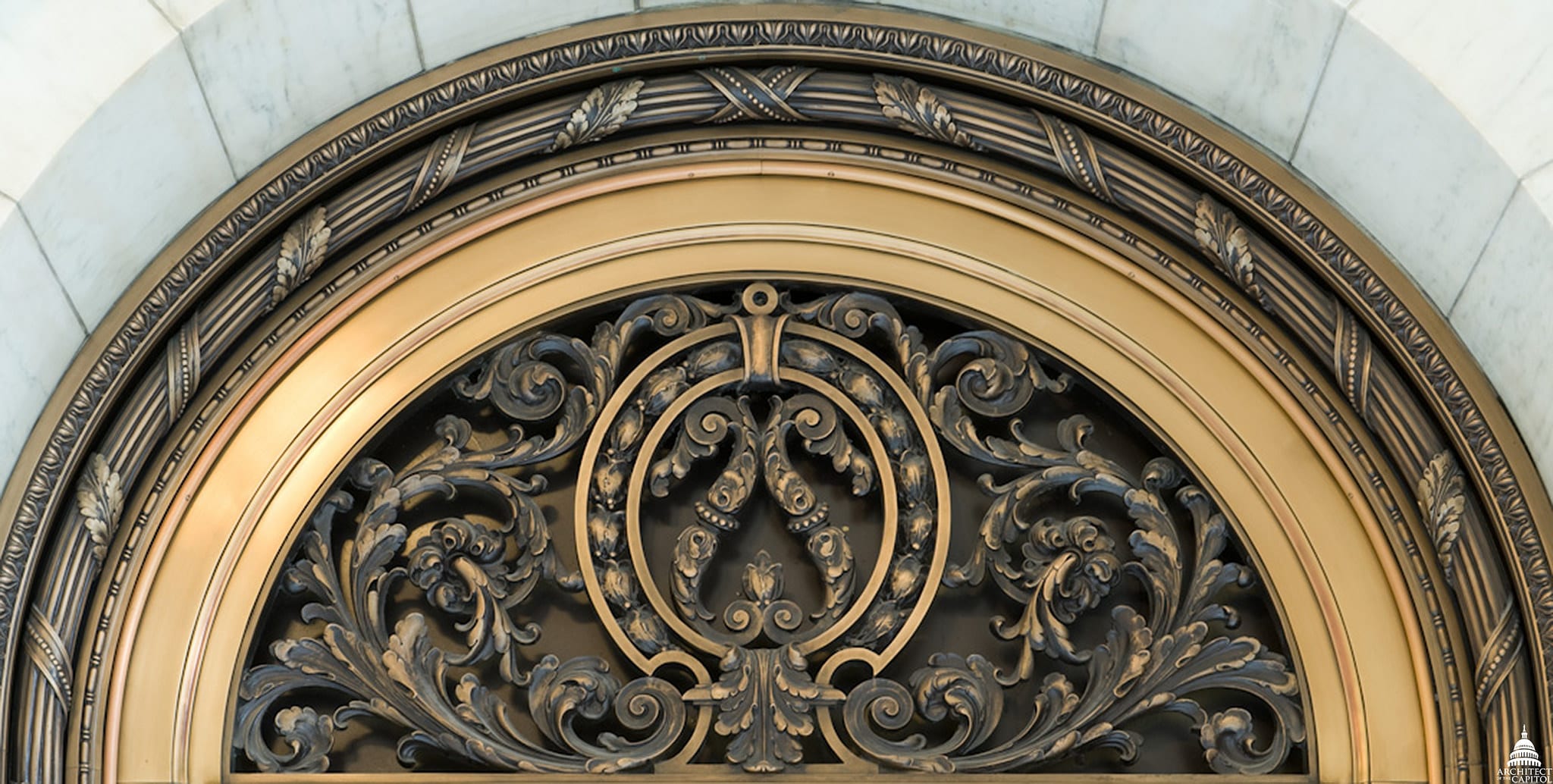













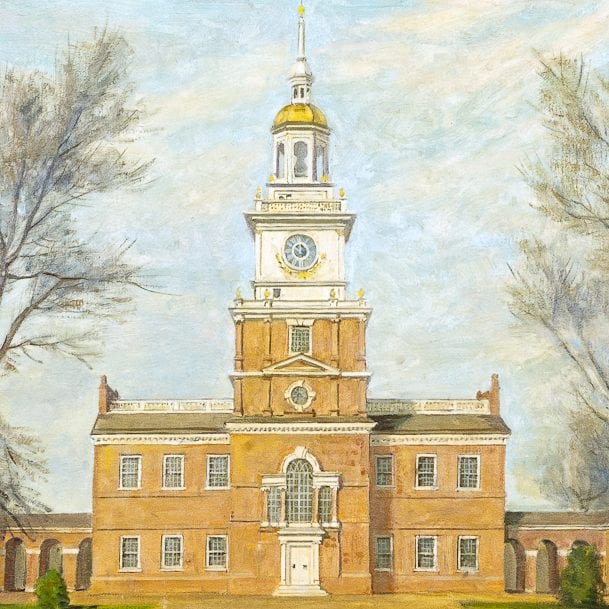
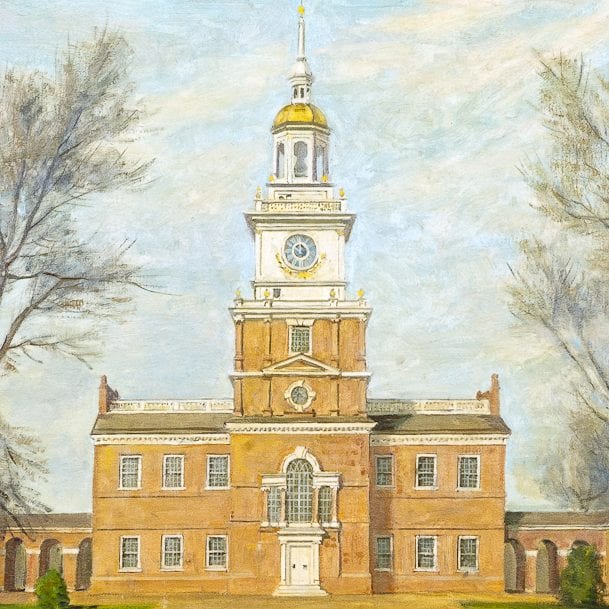






































































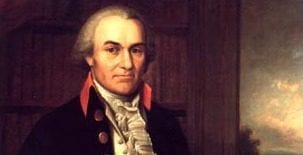



























![Finley, A. (1829) Pennsylvania. Philada. [Map] Retrieved from the Library of Congress, https://www.loc.gov/item/98688548/.](/content/uploads/2024/02/Map-of-PA--273x190.jpg)





















